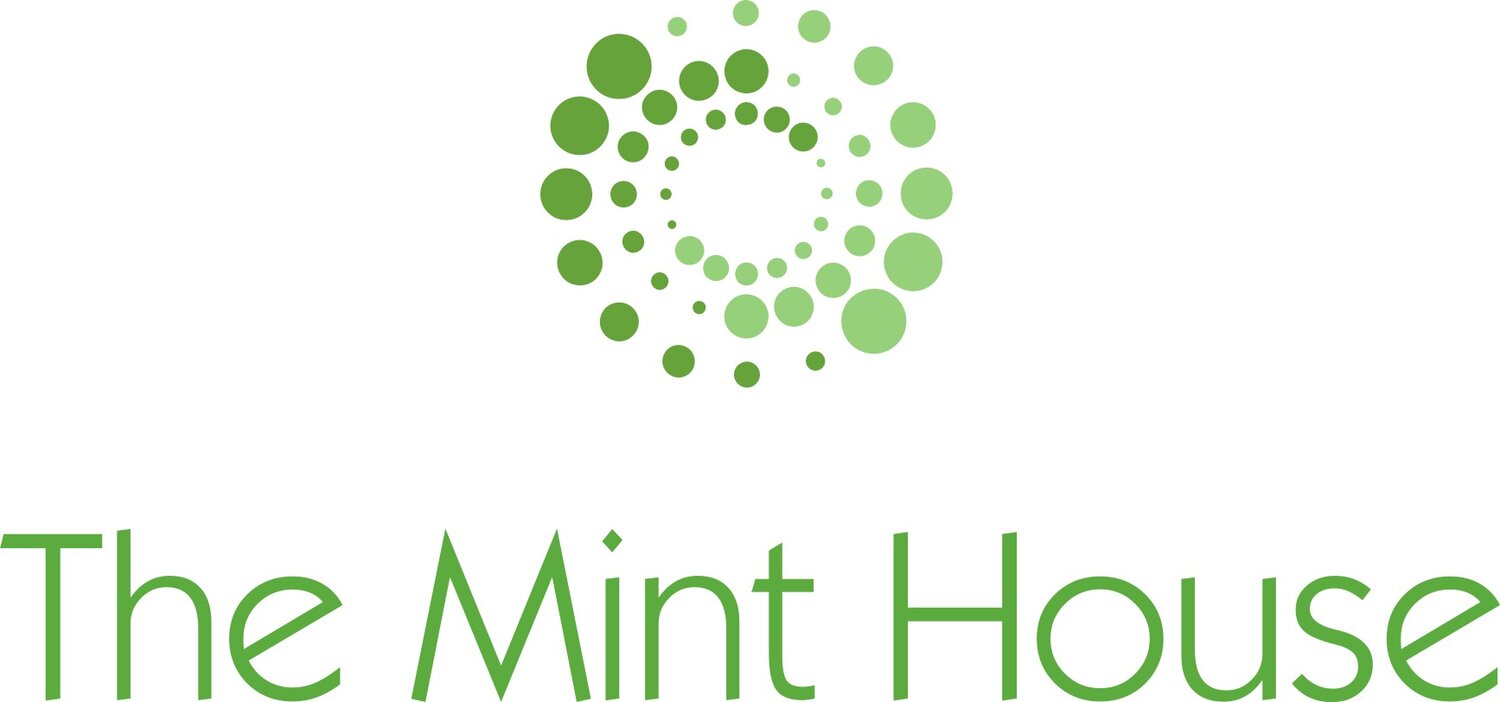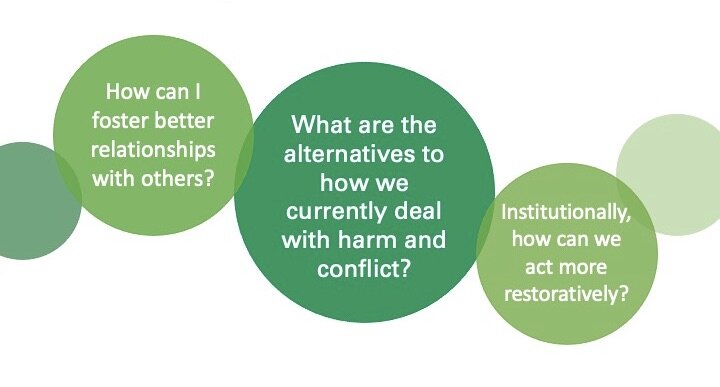Restorative practice in higher education
Restorative practice in education can mean many different things. It is perhaps best described as a set of values, behaviours and approaches aimed at:
building healthy relationships
helping people to express themselves
surfacing and meeting unmet needs that affect behaviour and prevent people reaching their potential
helping people find their own solutions to issues or problems
dealing with conflict and repairing harm when things go wrong.
In practice it permeates all aspects university life, including teaching methods, policies and procedures, approaches to decision-making, and managing community life.
Restorative practice in universities
We are very interested in developing work in the use of restorative practice in higher education settings, specifically in Oxford but also worldwide. If you are also interested in a conversation about this topic, please contact us!
We are involved in the Warwick International Higher Education Academy (WIHEA) ‘Restorative Justice in Higher Education Network’, based at the University of Warwick, which exists to gives members the opportunity to come together virtually to discuss the use of restorative practice and restorative justice in higher education contexts, introduce initiatives, share strategies for growth and embedding of activities, and begin to develop solutions to common problems in a supportive environment. The network meets online several times per year and operates a listserv to circulate information (including details of events). If you are interested in joining, please email Dr Jane Bryan (j.m.bryan@warwick.ac.uk) or click the links below for more details:
Restorative Practice in higher education training
We have previously run introductory training sessions in restorative approaches for university staff and students. Please see our Workshops & Training page for more information.


